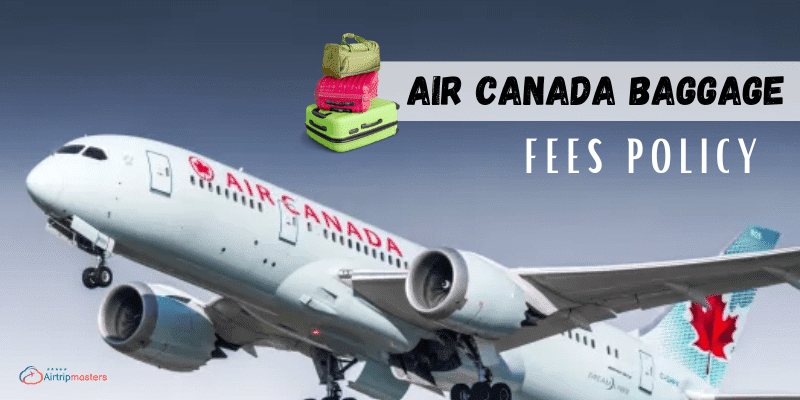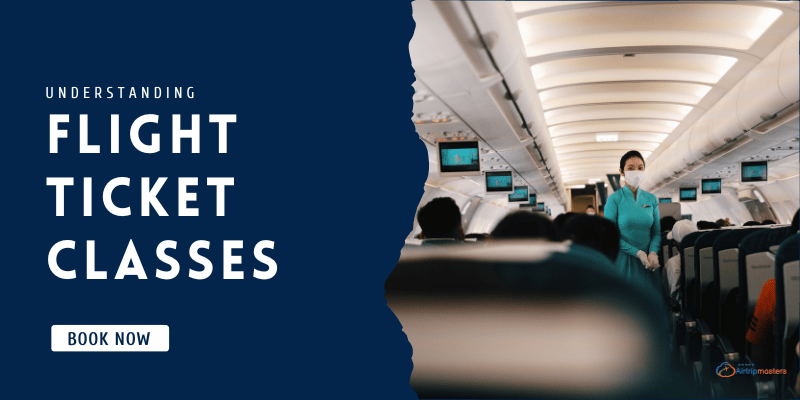
Air Canada Baggage Fees Policy: A Comprehensive Guide to Cover the Expenses
Traveling involves meticulous planning, and understanding the baggage fee policy of an airline is crucial to avoiding unexpected expenses. The Air Canada Baggage Fees Policy is a critical passenger consideration among various airlines. This comprehensive guide delves into the intricacies of these policies, shedding light on what passengers should know to manage their expenses effectively.
Overview of Air Canada Baggage Fees Policy
The Air Canada Baggage Fees Policy encompasses rules and charges concerning checked baggage, excess weight, size limitations, and special items. The policy often varies based on ticket class, destination, and frequent flyer status.
Checked Baggage Allowance
Air Canada typically permits passengers to check a certain number of bags for free based on the ticket class and destination. For instance, passengers flying on economy tickets within Canada might have a different allowance than those on international business class flights.
Excess Baggage Charges
Exceeding the allotted baggage allowance often incurs additional fees. Various factors, including the route and weight of the extra luggage determine Air Canada’s fees for excess baggage. Passengers should review these charges beforehand to avoid surprises at the airport.
Understanding Baggage Fee Variation
International vs. Domestic Flights
The Air Canada Baggage Fees Policy distinguishes between international and domestic flights. Generally, international flights might allow for more generous baggage allowances than domestic ones. Passengers need to be aware of these disparities to plan and budget accordingly.
Different Ticket Classes
Another critical aspect is how ticket classes impact baggage fees. First-class and business-class passengers often enjoy more baggage allowances compared to economy-class passengers. Understanding these distinctions helps passengers gauge their potential expenses before booking.
Tips to Minimize Baggage Fees
Pre-Purchase Baggage Allowance
One way to save on baggage fees is by pre-purchasing baggage allowance during the ticket booking. Air Canada often offers discounts for pre-paid baggage compared to paying for excess luggage at the airport.
Packing Strategically
Efficient packing is key to avoiding exceeding baggage weight limits. Distributing weight across bags evenly and using compact luggage can help prevent additional fees.
Joining Airline Loyalty Programs
Frequent flyers can benefit from loyalty programs offering increased baggage allowances. Being part of such programs can offset baggage fees for regular travelers.
Managing Special Items and Exceptions
Air Canada’s Baggage fee policy also accounts for unique items such as sports equipment, musical instruments, and medical devices. While some items might be considered part of the regular baggage allowance, others might require additional fees or considerations.
Conclusion
Navigating the Air Canada Baggage Fees Policy demands careful attention to detail. Understanding the nuances of baggage allowances, excess fees, and exceptions can significantly impact a traveler’s expenses. Passengers are encouraged to review the policy thoroughly before their journey, considering factors like ticket class, destination, and any special items they plan to carry.
Travelers can effectively manage and potentially minimize their baggage expenses by adhering to the guidelines, leveraging pre-purchase options, and packing judiciously. Staying informed and proactive about the Air Canada Baggage Fees Policy empowers passengers to make well-informed decisions, ensuring a smoother and more cost-effective travel experience.
Search
Categories
Airline Reviews Airport Review Best Places to visit in indiaBusiness class tickets Canada To India Flight Airport Review Airport Review
Recent Post
Advantages of Flight CancellationsWhy are airline tickets so expensive” The Ultimate Travel Guidelines Best Ways to Get Cheap Flight Tickets San Francisco To Ahmedabad Flights



 1-888-296-8115
1-888-296-8115 1-855-478-4115
1-855-478-4115



